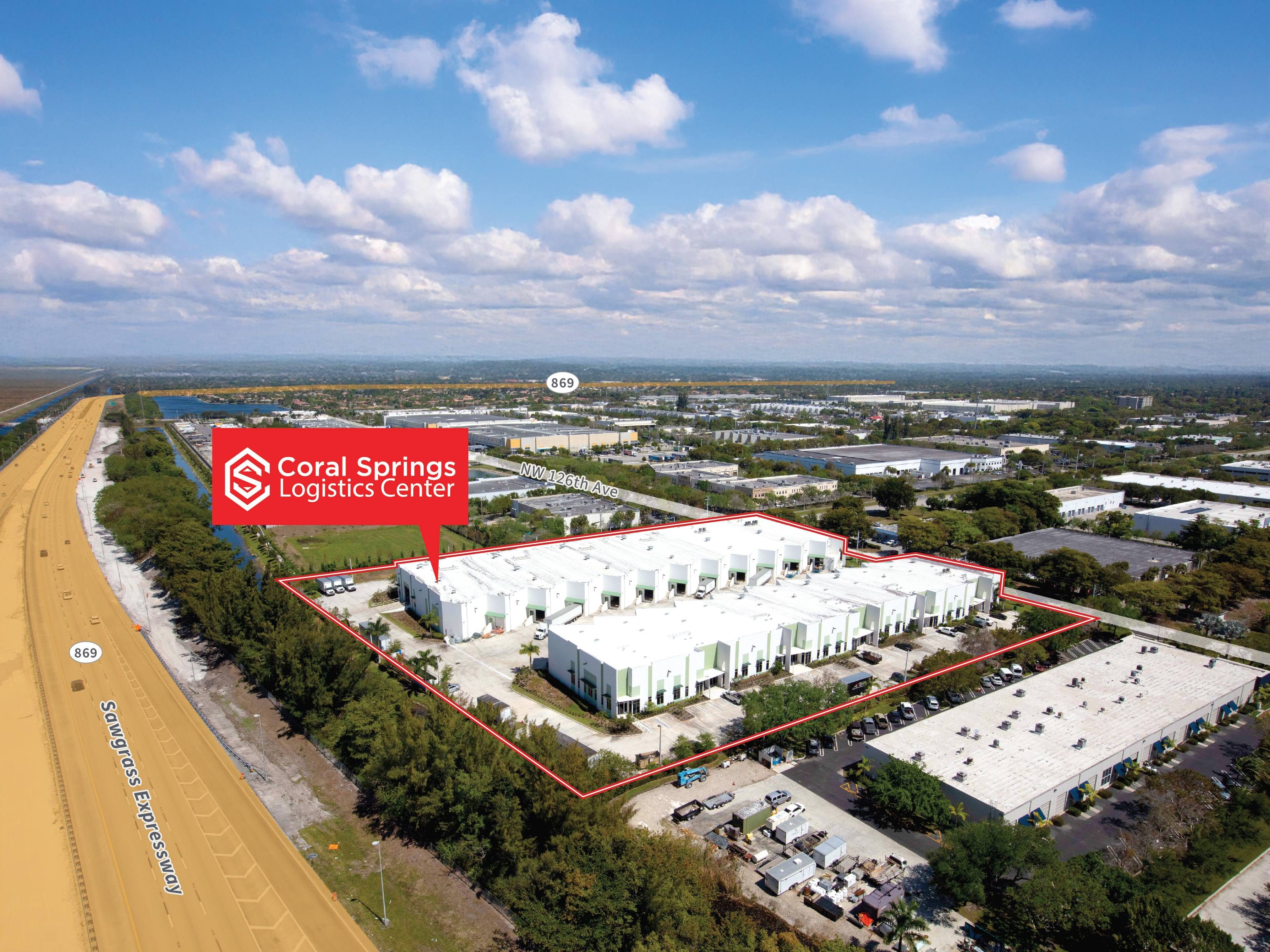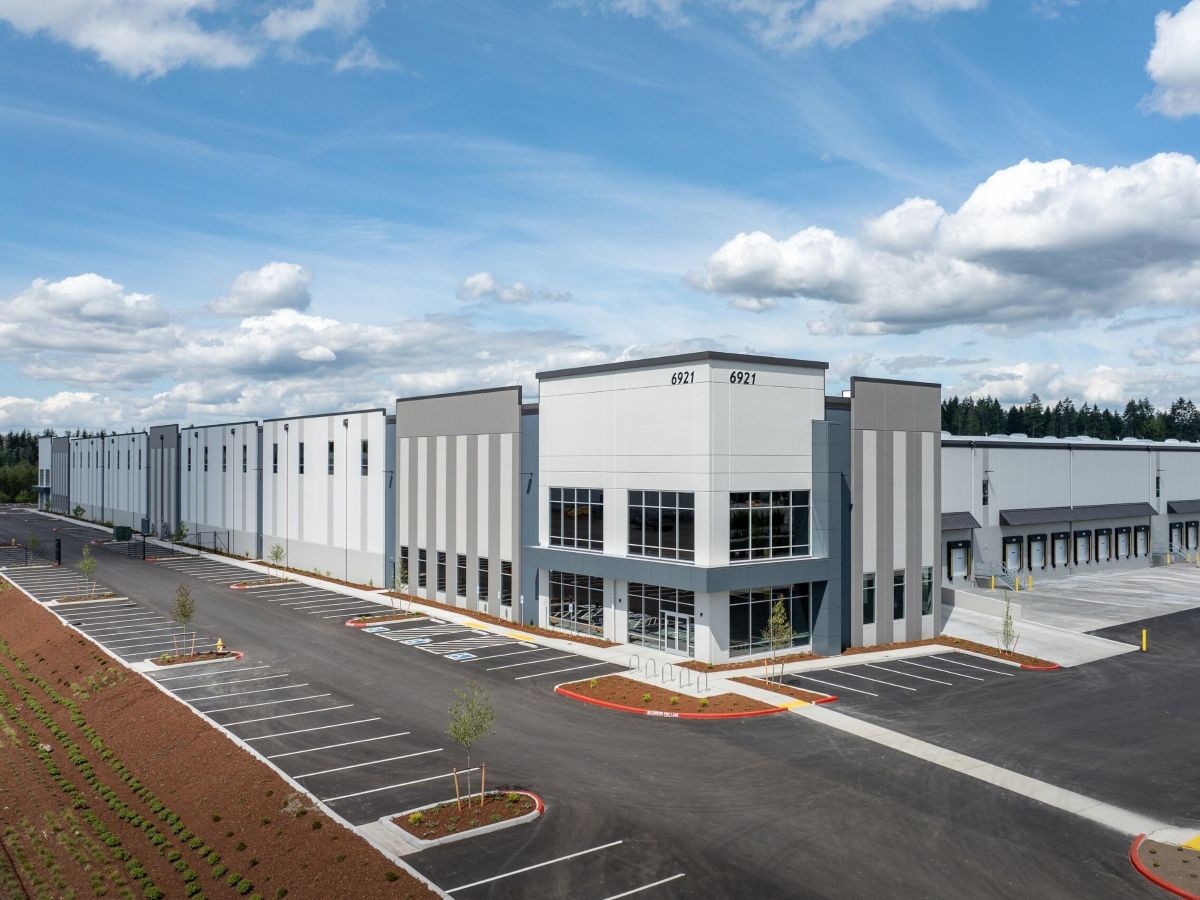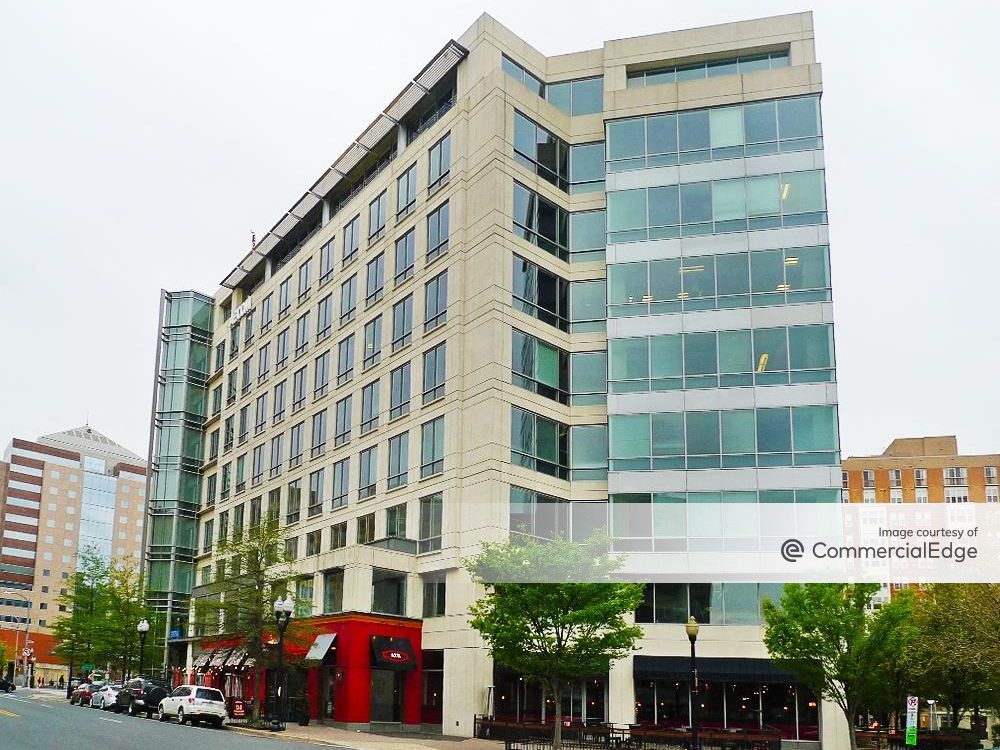Net Lease Auto Parts Sector Outpaces Market
By Randy Blankstein, President, The Boulder Group: Why auto parts store properties remain in high demand among net lease investors.
By Randy Blankstein, President, The Boulder Group
 Cap rates for the single-tenant, net-leased auto parts store sector decreased by 27 basis points from the fourth quarter of 2014 to the fourth quarter of 2015, reaching 5.98 percent. That decline slightly outpaced the overall net lease retail market, which compressed by 25 basis points over the same time period.
Cap rates for the single-tenant, net-leased auto parts store sector decreased by 27 basis points from the fourth quarter of 2014 to the fourth quarter of 2015, reaching 5.98 percent. That decline slightly outpaced the overall net lease retail market, which compressed by 25 basis points over the same time period.
The auto parts sector, for the purpose of this report, is defined as Advance Auto Parts, AutoZone and O’Reilly Auto Parts, as they account for the highest percentage of single-tenant transactions concerning properties occupied by auto parts retailers. Auto parts store properties remain in high demand among net lease investors, as there are limited investment-grade options priced below $2 million, with the exception of dollar stores. When compared to dollar stores, auto parts stores are typically located in primary and secondary markets near major retailers, as opposed to tertiary markets.
Cap rates for Advance Auto Parts, AutoZone and O’Reilly Auto Parts compressed to 6.35 percent, 5.75 percent and 5.68 percent, respectively, in the fourth quarter of 2015. The primary reason for the higher cap rates associated with Advance Auto Parts properties is a greater supply of older stores with shorter-term leases in the market, when compared to the other tenants.
In the fourth quarter of 2015, Advance Auto Parts properties with less than 10 years of lease term remaining made up 50 percent of the overall supply. In comparison, leases of less than 10 years accounted for only 29 percent and 20 percent of all O’Reilly Auto Parts and AutoZone properties, respectively, on the market. Additionally, Advance Auto Parts only signs 15-year leases for new-construction properties, which is shorter than those of its competitors. O’Reilly Auto Parts and AutoZone typically sign 20-year leases.
The retail auto parts industry continues to thrive, as consumer demand for auto parts stores is increasing due to aging vehicles on the roads. A recent report by IHS Automotive shows that the average age of vehicles on the road has increased slightly to 11.5 years. The same study reports that the average age of vehicles is expected to continue to increase through 2018.
Transaction volume in the auto parts sector should also remain active as investors continue to seek this asset class due to the positive outlook and fundamentals associated with the auto parts industry. Recently constructed properties with long-term leases should remain in the highest demand because they are the most sought after among 1031 buyers due to their lease term duration. Auto parts store properties with shorter lease terms located in areas with strong real estate fundamentals also remain in high demand with buyers seeking higher yields.







You must be logged in to post a comment.